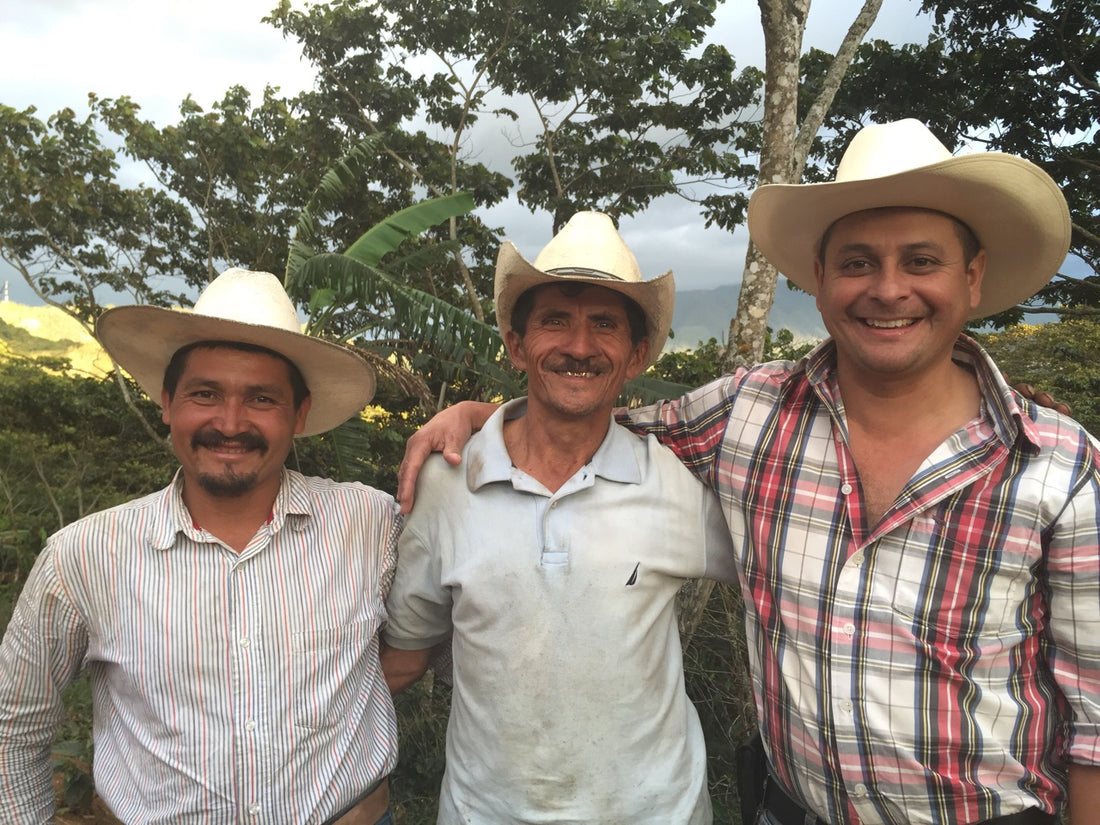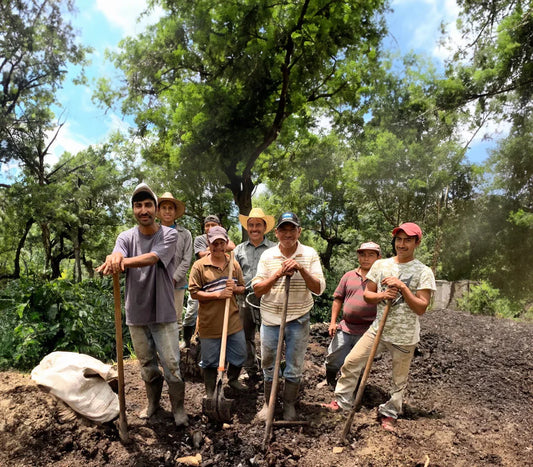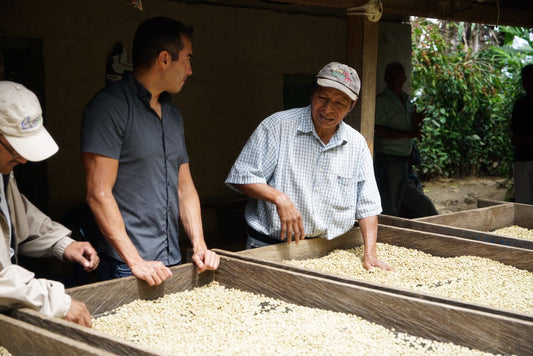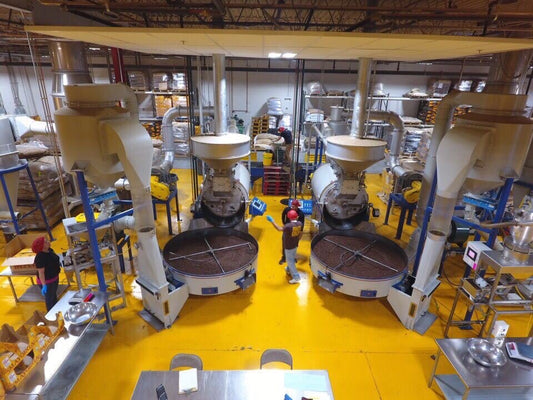
How Coffee Companies Buying Farms Further Hurts Coffee-Growing Communities
I want to address a trend that’s being touted as a positive development in the coffee industry: US coffee roasters’ vertical integration through the opportunistic acquisition of coffee farms. The narrative goes like this: owning a farm streamlines the supply chain, improves quality control, gets the roaster engaged with coffee communities, and ensures "fair" prices for consumers. Unfortunately the reality is far from beneficial for the communities they claim to be supporting.
1. Loss of Community Ownership
When larger coffee companies buy farms, they inevitably disrupt the ownership and cultural identity that smallholder farmers have had with their land for generations. These generational farms, passed down through families, are often bought by foreigners at a fraction of their true value due to financial pressures caused by systemic inequities in the coffee supply chain. You know, the same one that the US coffee roasters created and participate in. The farmers are left without land, without income, and without the ability to make a living from the one trade they’ve known for generations. What’s left is a void in community-led agriculture, as well as a significant loss of cultural heritage.
2. Exacerbating Local Economic Dependency
For many rural communities in Latin America, local farms are a primary source of economic stability. They create jobs for family and neighbors and allow revenue to circulate within the community. When foreign companies and individuals come in and take over these farms, the profits and decisions start flowing out of these regions rather than reinvesting in them--usually at the expense of the farming communities. What’s worse, the promise of “better jobs” often translates into exploitative labor practices that mirror feudalism, where local farmers end up as low-wage employees on the land they once owned.
3. The Myth of “Fair” Pricing
The idea that owning farms helps keep prices fair for farmers is misleading. When companies control the farms, they control the prices and costs. Instead of negotiating fair terms with independent farmers, companies are more likely to minimize costs to increase profit margins, passing along only minimal benefits to workers. Farmers have no bargaining power when they become employees of foreign-owned farms, and these operations are often optimized to increase yields at any cost, also compromising environmental and labor standards.
4. Eroding the Future of Farming
One of the greatest threats we face is the dwindling interest of young people in coffee farming. When foreign companies own the land, young people in rural communities see even less incentive to stay and learn the trade, especially when they don’t see opportunities for advancement. The future of coffee in Latin America and other producing regions is tied directly to keeping smallholder farming viable. Owning land is a powerful motivator, one that foreign companies cannot replace with low-wage employment.
5. True Progress Lies in Partnership, Not Ownership
Real sustainability in the coffee industry comes from building partnerships, not ownership. Vertical integration may be profitable in the short term, but it’s far from the ethical solution it’s marketed as. At Mayorga Coffee, we believe in working directly with coffee farmers as partners, not as employees or suppliers. Through our relationships with them, we ensure that farmers maintain ownership, autonomy, and the power to make decisions that serve their communities. They retain their land, their local influence, and their ability to preserve their heritage all while we work together to grow their opportunities for a brighter future. It’s a more complex and challenging approach, but I can tell you from experience that it’s the only way to build a truly sustainable future in coffee.
Moving Forward
If we genuinely want to support the communities that grow our coffee, we need to break away from the idea that owning their land is the answer. Instead, we should invest in relationships, support community initiatives, learn the realities of farmers’ needs, and create supply chains that empower, rather than displace, the very people we depend on. We need to add, enhance, build, and grow--not take.
Let’s challenge this “vertical integration” trend and recognize it for what it is—an attempt to control rather than to collaborate. The future of coffee depends on supporting independent farmers, protecting their ownership, and fostering true economic empowerment in coffee-growing communities.
If you want to hear more of my insights as the founder of the premier Latin@-forward sustainable coffee company in the US, follow me on LinkedIn.
-Martin


